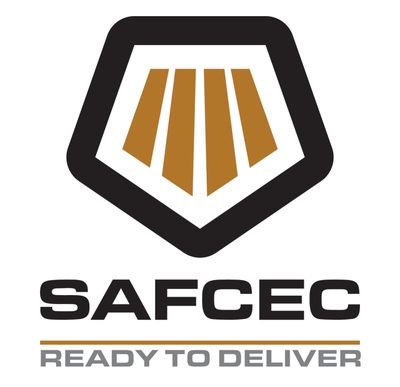Founded in 1939, SAFCEC has been a leading voice and advocate for its members in the civil engineering contracting sector. It has a track record of influencing policy and regulatory change to facilitate an environment conducive to job creation and of representing the interests of its members in terms of the Labour Relations Act.
SAFCEC also advises its members and consults on labour-economic market matters to provide sound information to policy makers. It plays an integral role in formulating industry policy ensuring that legal and regulatory frameworks do not hinder competitive and fair business practices.
SAFCEC facilitates stakeholder interactions and represents members at government-related functions. It also holds regular liaison meetings with key government and industry stakeholders. SAFCEC has focused on remaining relevant by ensuring that it is attuned to its members’ needs and that it adapts to an ever-changing environment.
It represents more than 450 member organisations that differ in size and stage of growth. In advancing economic development, social justice, labour peace and the democratisation of the workplace, SAFCEC gives effect to fundamental rights conferred in the country’s Constitution.
It facilitates member participation in collective bargaining to determine wages, terms and conditions of employment, and other matters of mutual interest. SAFCEC plays an integral role in formulating industry policy.Market analysts follow keenly SAFCEC’s economic forecasting and statistical analysis of market conditions.
CLICK HERE TO REGISTAR (https://safcec.site-ym.com/general/pick_username.asp)
SAFCEC also provides members with a geographically comprehensive tender information service. In addition to that, it is passionate about creating a fair and equitable business environment in which its members can conduct their business. It guides, represents, and negotiates on behalf of its members with industry stakeholders. The organisation also has subject matter experts who are able to assist SAFCEC members and clients with a professional and responsible administrative service.
Meeting member and industry needs
SAFCEC has designed a comprehensive strategic plan that addresses the needs of its diverse members and the demands of the built environment. Growing the industry’s skills pool is one of them. SAFCEC is doing this through active participation in the development of Further Education and Training college curricula, and other Department of Higher Education initiatives.
Its Diamond Academy aims at producing the next generation of industry leaders through training and mentorship of member emerging enterprises. The plan forms part of SAFCEC’s commitment to supporting government and industry stakeholders in their effort to build a better life for all in South Africa.
SAFCEC is also deeply committed to accelerating transformation in the industry. It played a proactive role in the formulation of the industry empowerment charter which is accepted and used by numerous industry clients. SAFCEC facilitates a three-pronged approach to industry transformation through:Training and mentoring Advising members on the implementation of broad-based black economic empowerment and enterprise development Providing a platform for the creation and growth of black-owned organisations.
SAFCEC’s efforts are governed by 10 key objectives enshrined in its constitution, which are:
- To communicate and share information with members
- To provide services to members, irrespective of size
- Promoting orderly collective bargaining at sectoral level and advancing effective resolution of labour disputes
- Regulating the relationship between employers, employees and trade unions
- Enabling the industry to address its skills shortage needs
- Advancing the status and public recognition of the forum, its members, and the civil engineering contracting industry
- Participating in statutory bodies to articulate members’ concerns as a unified voice in the national labour-economic political process
- Engaging in both proactive and reactive advocacy by voicing concerns and proposing specific policies rather than reacting, retrospectively
- Promoting the aims of the Labour Relations Act and fair collective bargaining for the industry
- Promoting best industry practice.
Member social events such as golf days and workshops are an important aspect of member interaction, and also help to grow membership.

Leave a Reply